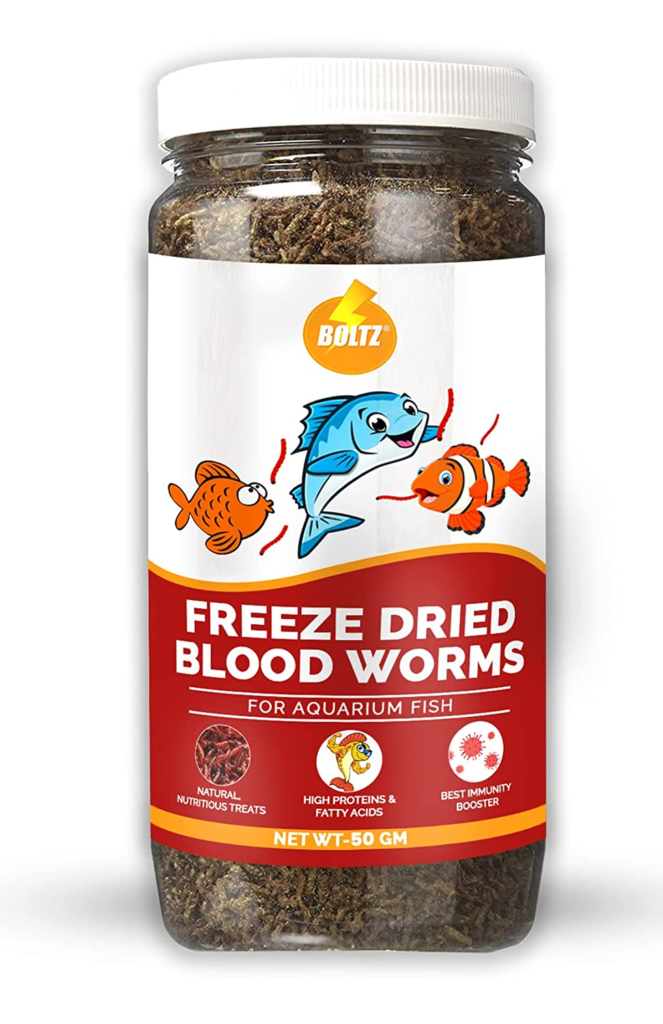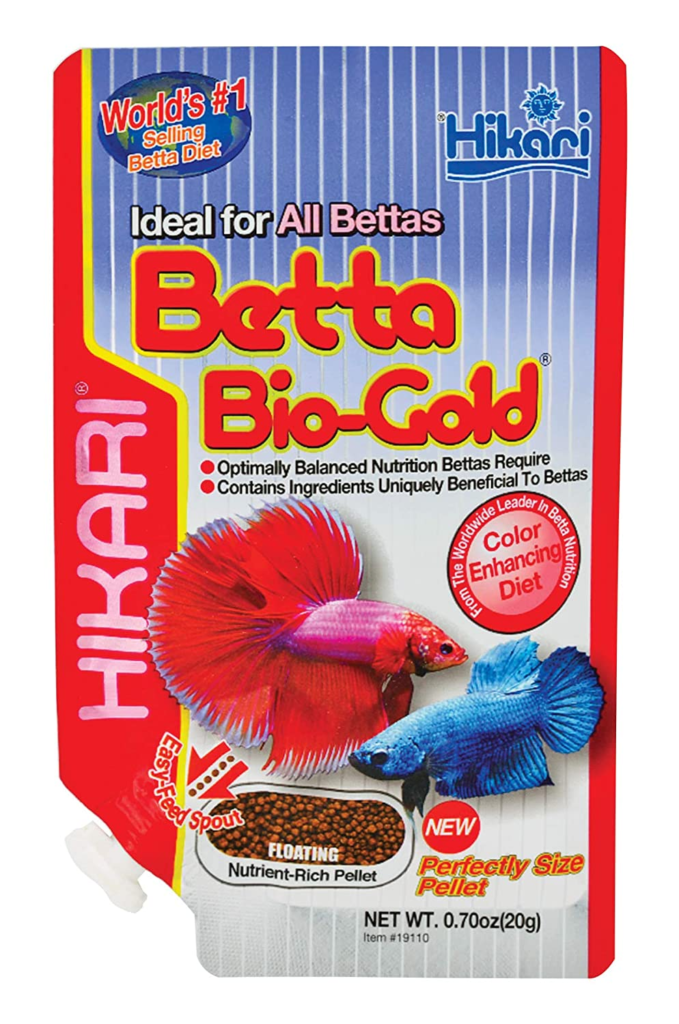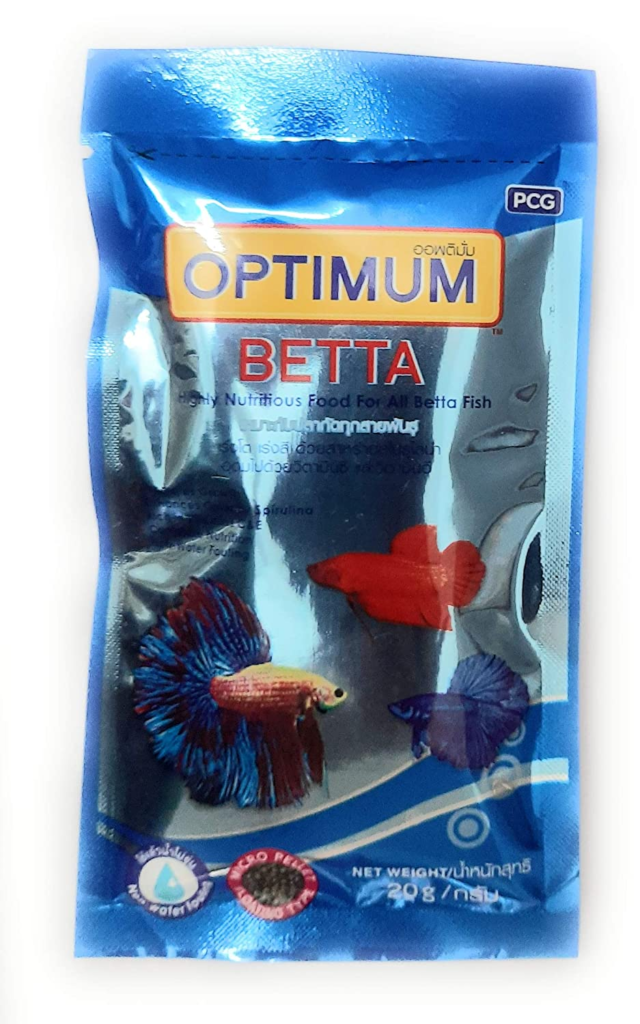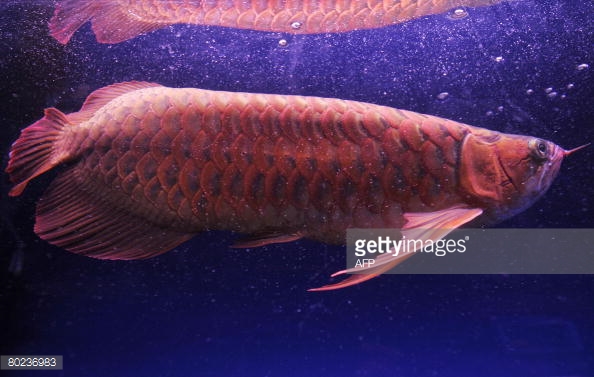Siamese fighting fish, sometimes referred to as betta fish, are prized for their stunning fins and vivid colours. Betta Fish Food is crucial to the requirements, for these are distinct from those of other popular household fish.
In this post we have compiled a list of best betta fish food in India, learn what to feed your betta fish, how often to feed them, and what to do if your betta fish won’t eat before getting one as a pet.
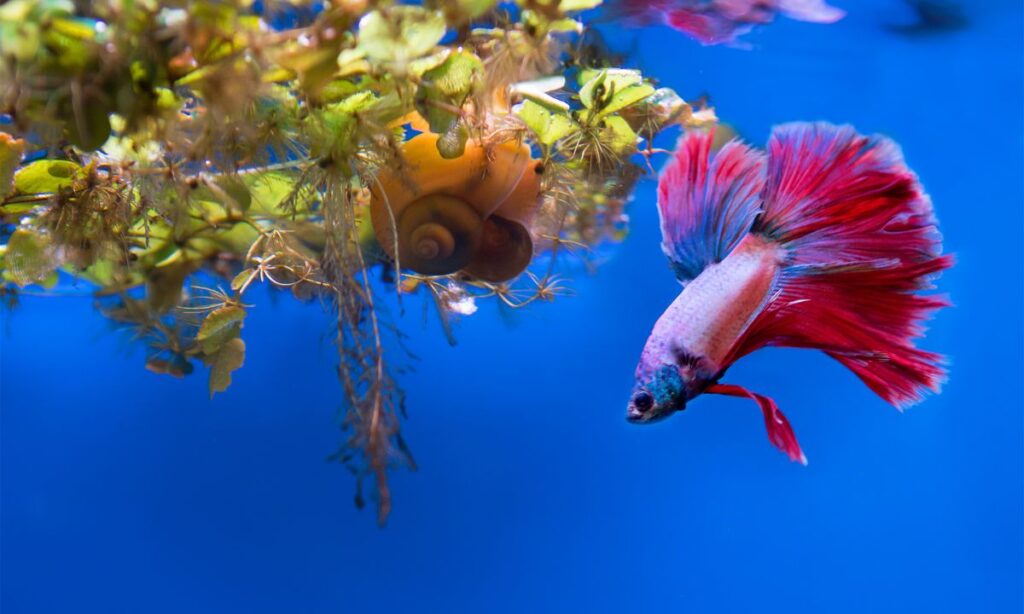
Betta Fish Food
Since they are naturally carnivorous, betta fish would typically be found eating insects and their larvae in the wild. You may feed your new pet a nutritious diet by being aware of your betta’s natural eating preferences.
Betta fish consume a diet rich in protein because they are naturally carnivorous creatures. Some people think bettas may thrive in a small tank by only consuming plant roots. This is false and might be bad for your betta fish.
Your betta fish’s food should mostly consist of high protein betta pellets that are available in pet stores. It’s crucial to choose the right fish food pellets diet designed for bettas. The ones made for tropical fish or other fish will not be healthy. The right amount of nutrients are present in actual betta fish pellets and flakes for your betta fish. To avoid overfeeding and underfeeding your fish, they are simple to portion.
Your betta fish can indulge in high protein freeze-dried and frozen foods as special treats. These include organisms like bloodworms and brine shrimp. The majority of your betta fish’s diet shouldn’t consist of these delights. You should only give these to your betta occasionally.
List Of Best Food For Betta Fish
1. Boltz Freeze Dried Blood Worms Betta Fish Food
It is an excellent product. Fishes adore it, and on the first try, it is a tasty snack for betta fish. It relieves indigestion and is mild. With this, the betta’s stomach troubles and fading colour can get resolved. This feed helps the bettas calm down for an evening feed.
- It is a natural product that greatly improves fish appetite and maintains their health.
- The body shape and colour of Boltz freeze-dried blood worms are improved. It boosts fish immunity and promotes probiotic development.
- For carnivorous fishes like Bettas, Tetras, Arowana, Flowerhorn Oscar, etc., it is the best food.
- Blood worms that have been freeze-dried are fed to aquarium fish at home as a treat. It is the ideal nutritious treat for fish.
2. Hikari Vibra Bits Betta Fish Food
The thing which is loved in this food is good level of Protein content and the ingredients which are used. This food will boost colour of the fishes and its tails & Fins..
- Promotes a Long, Healthy Life; Contains Stabilized Vitamin C; Supports Immune System Health
- After extensive research into the nutritional needs of betas, Beta Bio-Gold was created.
- After extensive investigation into the nutritional needs of betas, Beta Bio-Gold was created.
3. Taiyo Fish Food – Taiyo Pluss Discovery Freeze Dried Worms Betta Fish Food
A tasty and nutritious all-natural high protein fish meal, Taiyo Pluss Discovery freeze dried tubifex worms are perfect for feeding small to medium-sized freshwater fish, discus, and frogs. Since this meal is in the shape of a cube, it may be pressed up against and adhered to the aquarium’s inside glass, making feeding time entertaining to see. They improve water quality, are simple for fish to digest, and let you enjoy your aquarium.
4. Optimum Betta Fish Food
The specialised nutritional formulation known as Optimum Betta Fish Food is designed to meet the needs of all Betta fish. In addition to being full and well-balanced, it is enriched with spirulina, which helps to improve the overall appearance of your fish. Because it is high in vitamins C and E, it helps the body better withstand the effects of stress and also makes it more resistant to infectious diseases. Carotenoids are powerful antioxidants that help improve the immune system. Spirulina includes high levels of natural pigments like chlorophyll, carotenoids, and phycocyanin, all of which enhance the colouring of fish.
Tips For Feeding Betta Fish
Once or twice a day, two to four food pellets should be fed to your betta fish. Pellets are incredibly filling for your betta fish and expand when placed in water. One or two days a week, fresh or freeze-dried food can be used in place of their pellet feeding.
Experts advise getting rid of any extra food in your aquarium that your betta fish doesn’t eat. If not removed, this food will cause the water quality to decline as it settles to the bottom of the tank.
Common worries about betta fish nutrition
Overeating or undereating are the two main issues when it comes to feeding your betta fish.
Can betta fish eat goldfish food?
The basic answer is that betta fish can eat and digest goldfish food. This type of food, however, should be provided to them just on occasion and should not be the primary component of their diet.
How long can a betta fish go without food?
Most betta fish can survive for 10-14 days without nourishment. Betta fish are often finicky eaters, but with a stomach as small as their eyes, they don’t require a lot of food to survive.
What do you feed baby fighting fish?
Baby betta fry fish that are four or five weeks old are ready for live Blackworms and Grindal worms, which are high in nutrients. Adult bettas will benefit from these live foods as well. Because blackworms are aquatic worms, they can be grown in the tank while raising betta fish.
How to handle a betta fish that won’t eat
Without food, betta fish can live for 14 days. There is no immediate reason to be concerned if your betta fish skips one or two meals. Your betta fish may not be eating for a number of reasons.
Your betta fish’s appetite may fluctuate as they react to stress from a recent change in water temperature, tank cleaning, or severe environmental change. A betta fish prefers water that is between 71 and 86 degrees Fahrenheit in temperature.
In bowls that are too tiny for them, betta fish are frequently observed. They might get unhappy as a result and stop eating. Make sure there is space for your betta fish to swim and explore. You might want to try out several pellet brands if your fish seem to be avoiding the food or spitting it out. Finally, betta fish will become less energetic and eat less food as they get older.
Your betta fish may be sick if they still refuse to eat. In the event of disease, speak with a veterinarian or another specialist.
How to stop your betta fish from eating too much
In the nature, betta fish will consume food whenever they come to it. This makes overeating by your betta fish when there is excess food available very simple. Bloating, intestinal discomfort, and obesity can all result from overeating. Too much uneaten food can also cause the water in which your fish live to become contaminated and unhealthy.
Only feed your betta fish the recommended daily quantity to avoid them from overeating. Use a net or turkey baster to regularly remove extra food. In order to give your betta fish’s digestive system time to catch up, some experts also advise not feeding them for one day each week.
Conclusion
The secret to having a vibrant and healthy fish is to follow your betta’s diet. There is a wide variety of betta fish food available, and a lot of it is not what your betta actually requires to grow. Read the ingredients on the back of the fish food before purchasing it and consider the following questions:
- What is the first listed ingredient?
- Is this food intended for tropical fish or specifically betta fish?
- How can I provide diversity for my betta?
- Your betta will be very appreciative of the various items you serve as long as you don’t overfeed!
Please feel free to leave a comment below if you have any questions about choosing the best betta food, the various types of betta food that are available, or anything else related to feeding betta fish.

